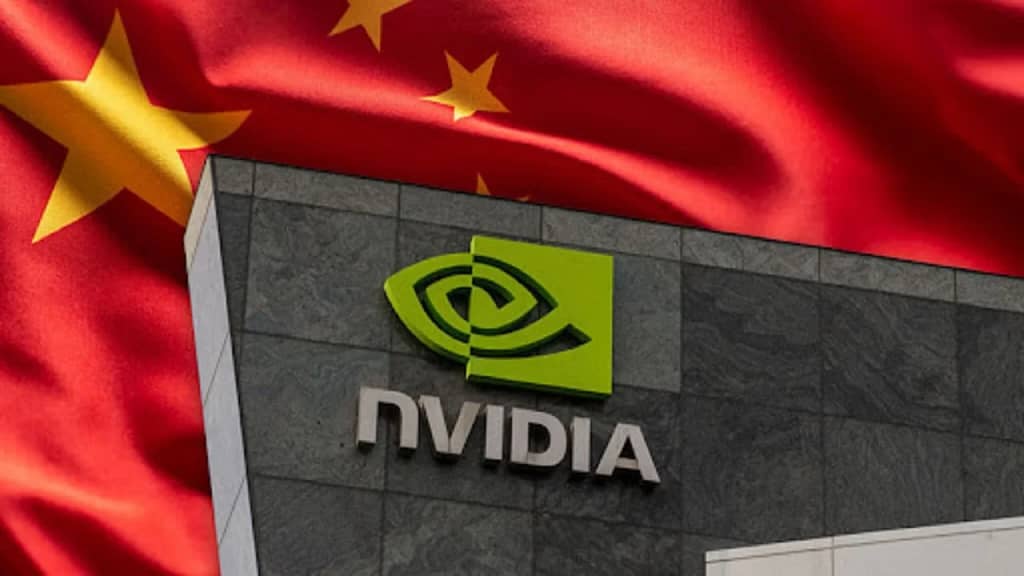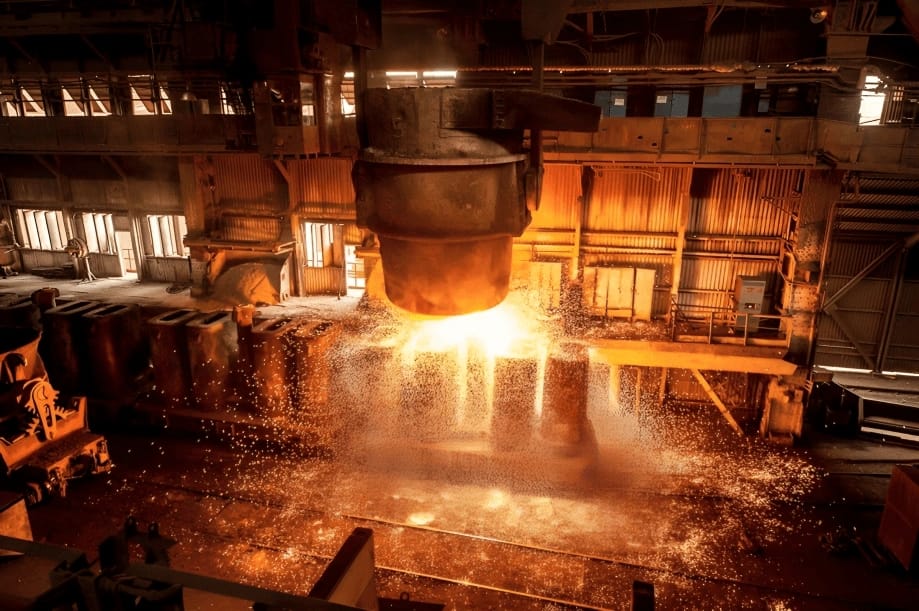On December 9, 2024, China launched an antitrust investigation into Nvidia, intensifying the ongoing tensions between the U.S. and China over semiconductor technology. The investigation focuses on Nvidia’s 2020 acquisition of Israeli networking firm Mellanox Technologies and its potential violations of China’s anti-monopoly laws. Specifically, Chinese authorities are scrutinizing whether Nvidia’s bundling of its AI chips with Mellanox’s NVLink technology stifles competition in the Chinese market, as well as concerns about Nvidia possibly providing lower-performance chips to Chinese customers
This probe aligns with the broader context of rising geopolitical tensions, where China has been increasingly challenging U.S. tech dominance. While Nvidia’s revenue from China is relatively small (about 5% of its data center sales), analysts believe that the investigation could be a strategic move by China to gain leverage amid the ongoing semiconductor trade war
The investigation’s impact on Nvidia might be limited in the short term, but it signals that the company, known for its powerful GPUs that fuel artificial intelligence (AI) applications, could face more scrutiny in the future. Industry experts have suggested that this move could lead to other examinations, including Nvidia’s Compute Unified Device Architecture (CUDA) and broader concerns about its market practices
The timing of this probe is significant, as the U.S. has been tightening its grip on semiconductor exports to China, fearing that advanced technology could be used for military purposes. As the U.S. pushes for more export restrictions, China’s actions against major American companies like Nvidia seem to be a retaliatory and strategic maneuver
This investigation represents a further escalation in the ongoing “chip war,” where both nations are vying for technological supremacy in AI and semiconductor manufacturing. As the situation unfolds, Nvidia and other tech giants may have to navigate an increasingly complex regulatory and geopolitical landscape.





